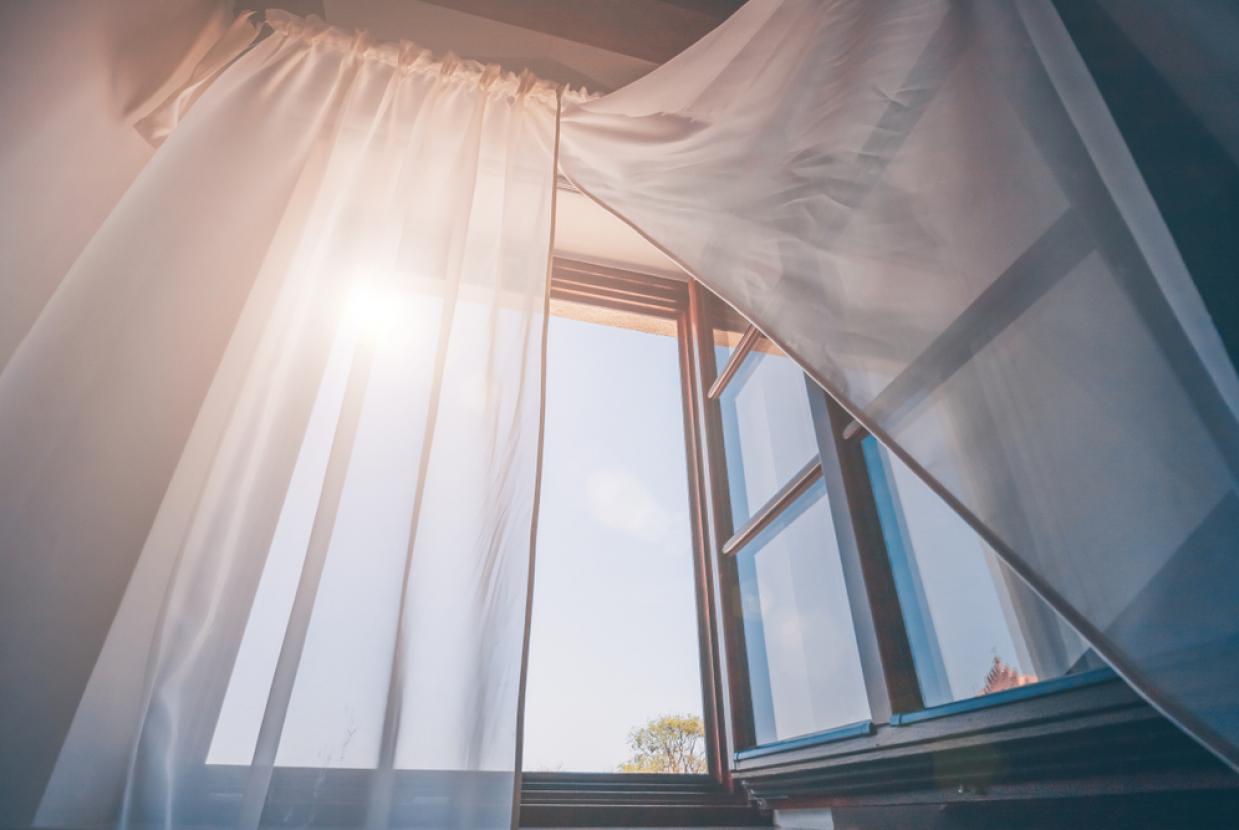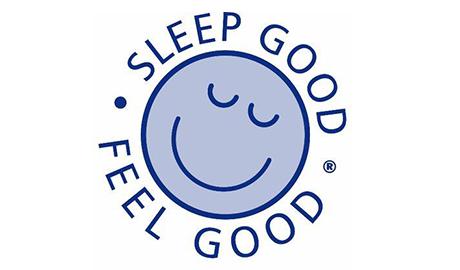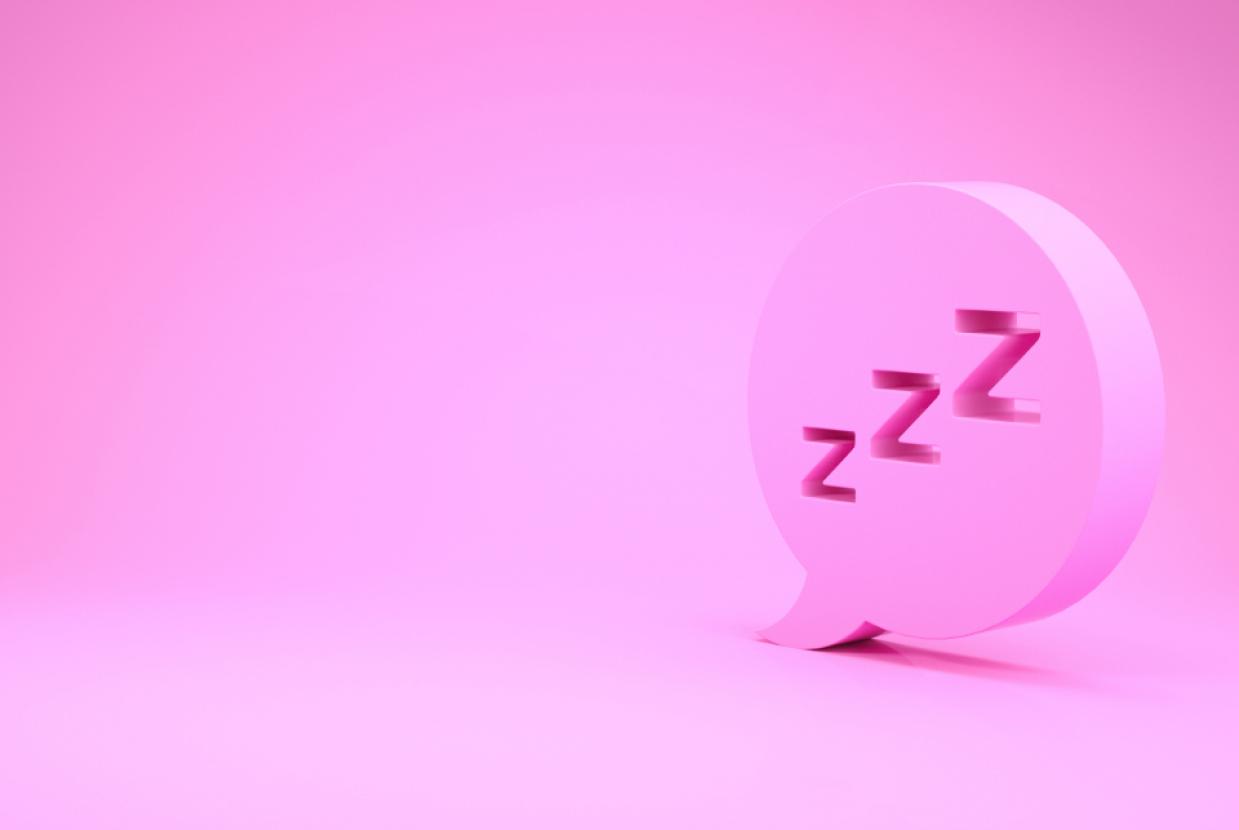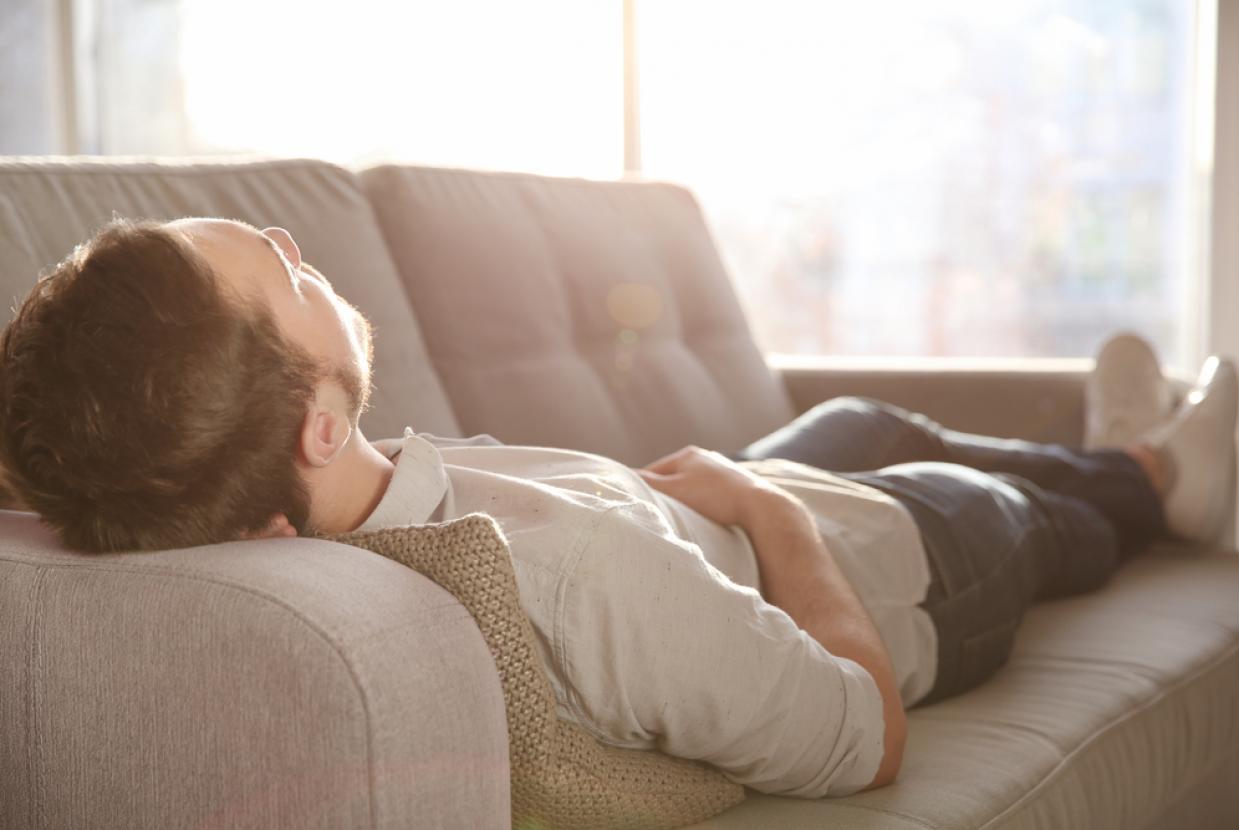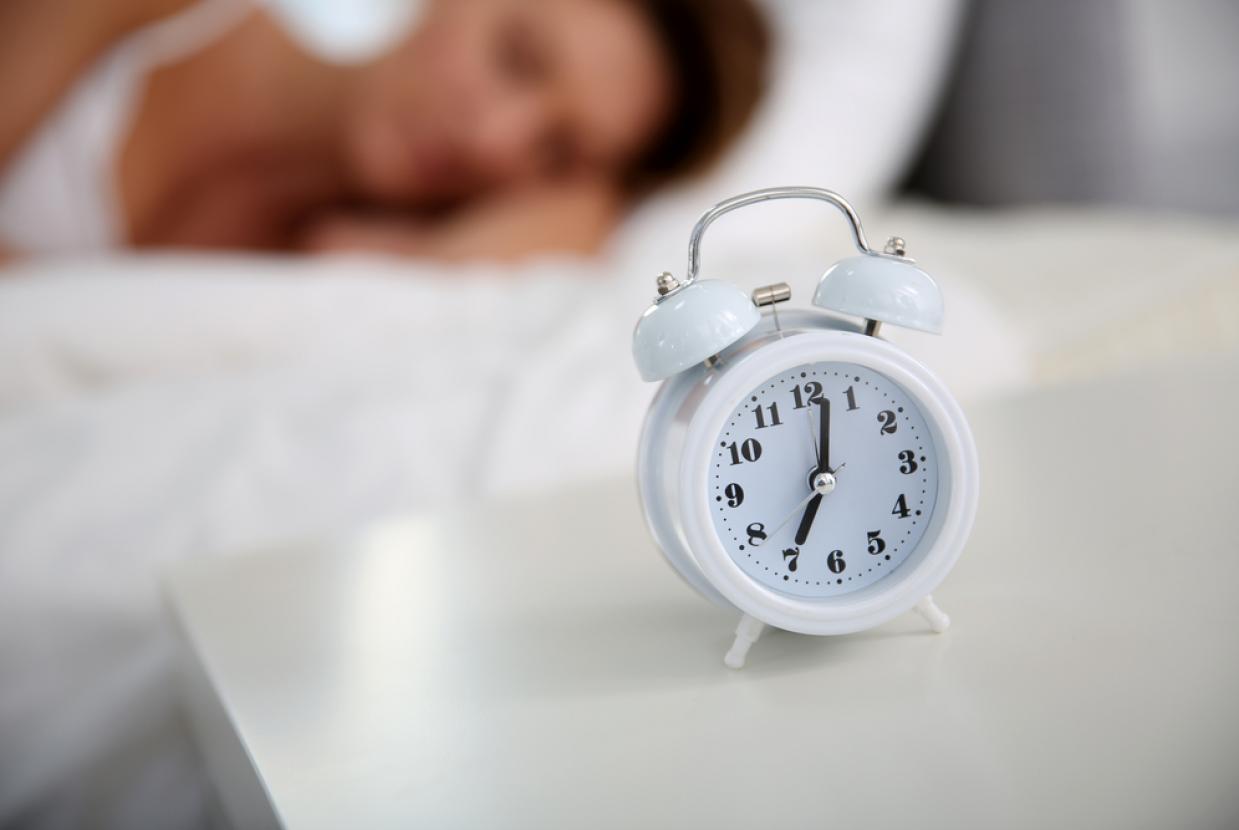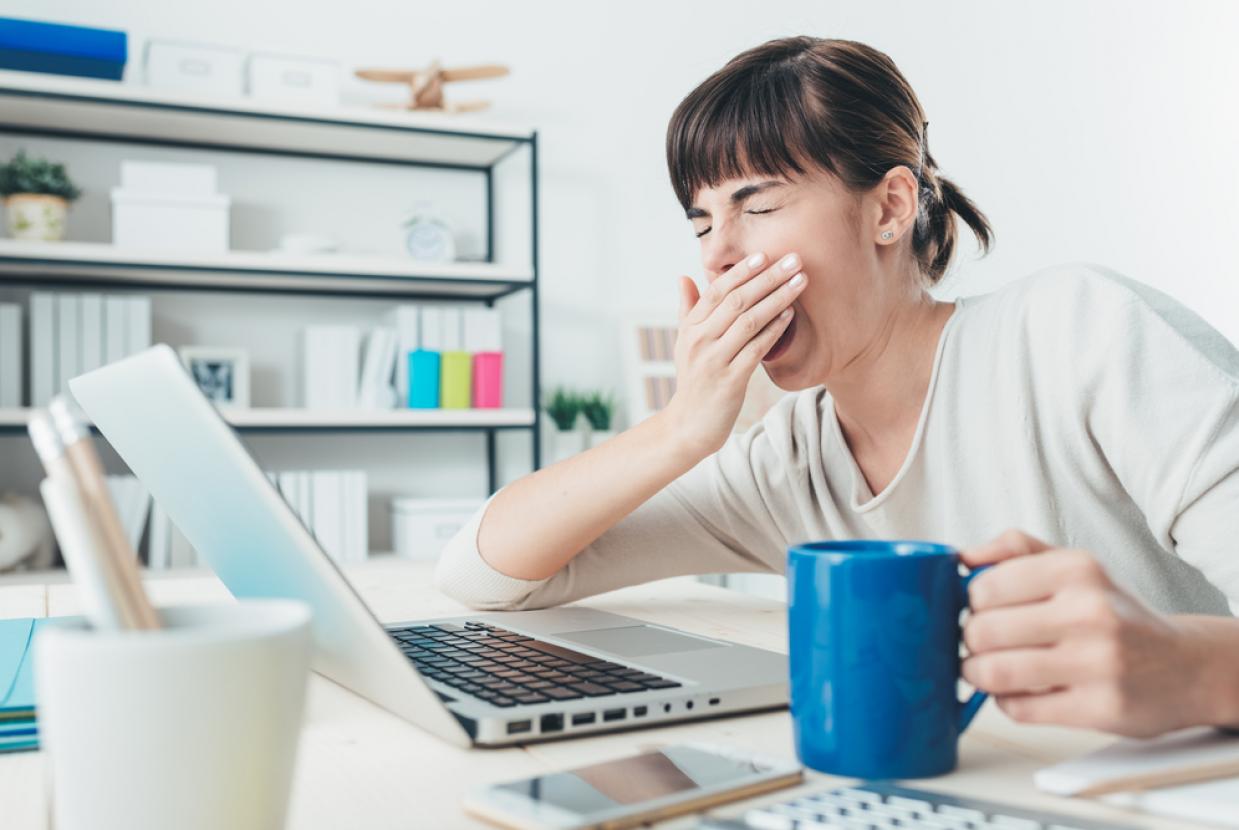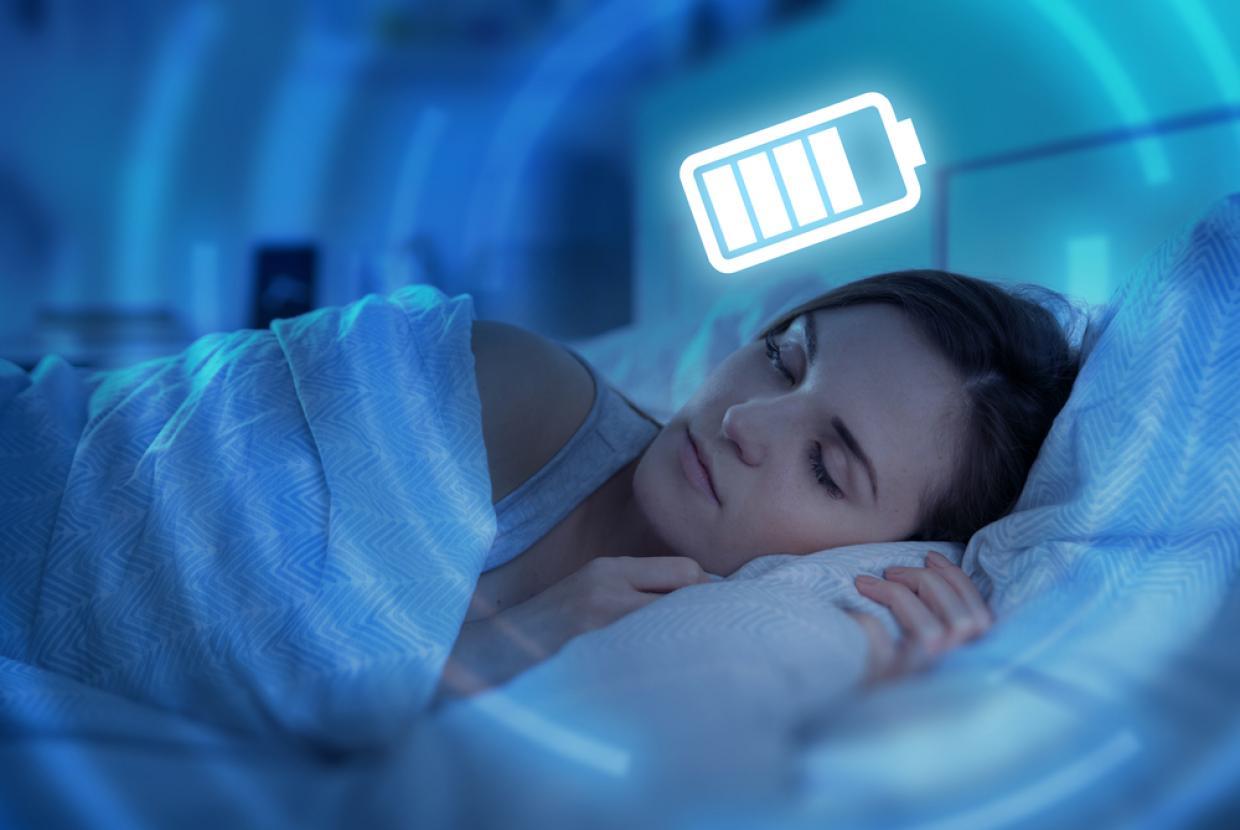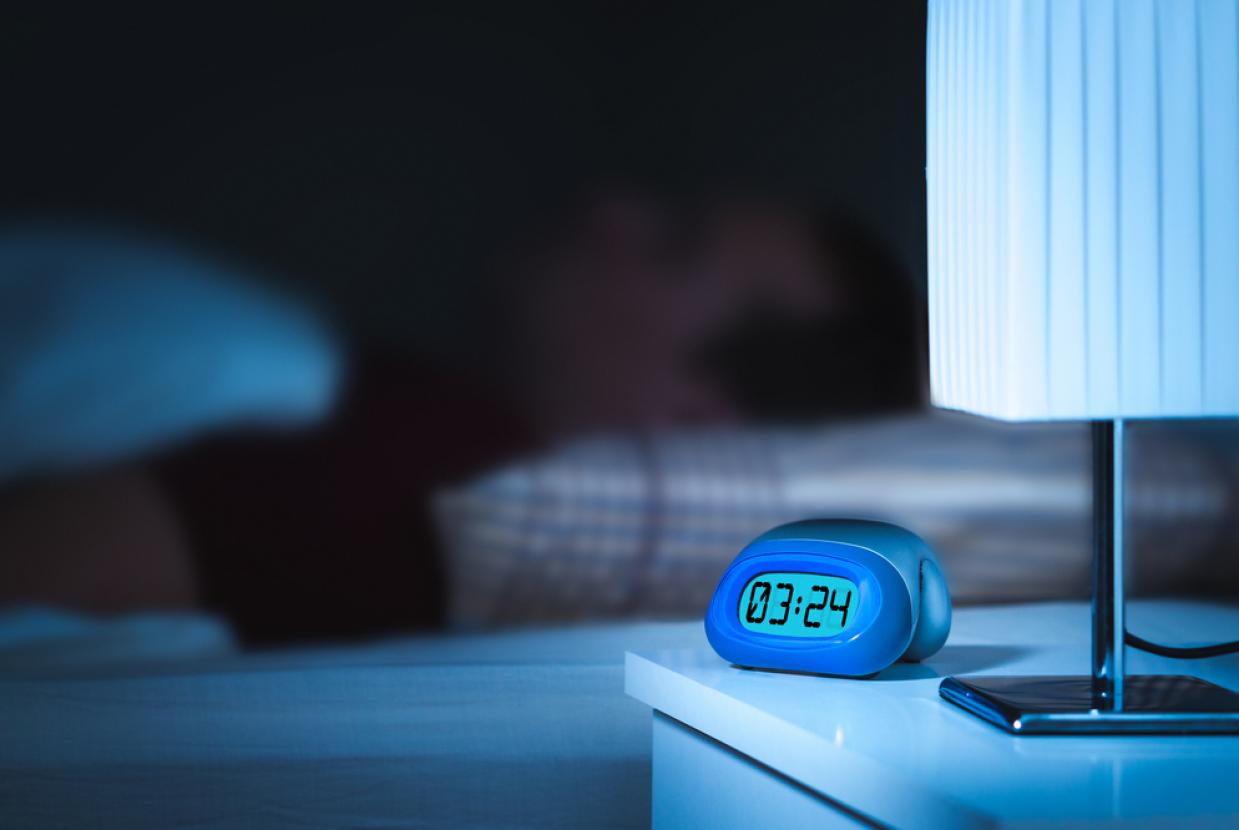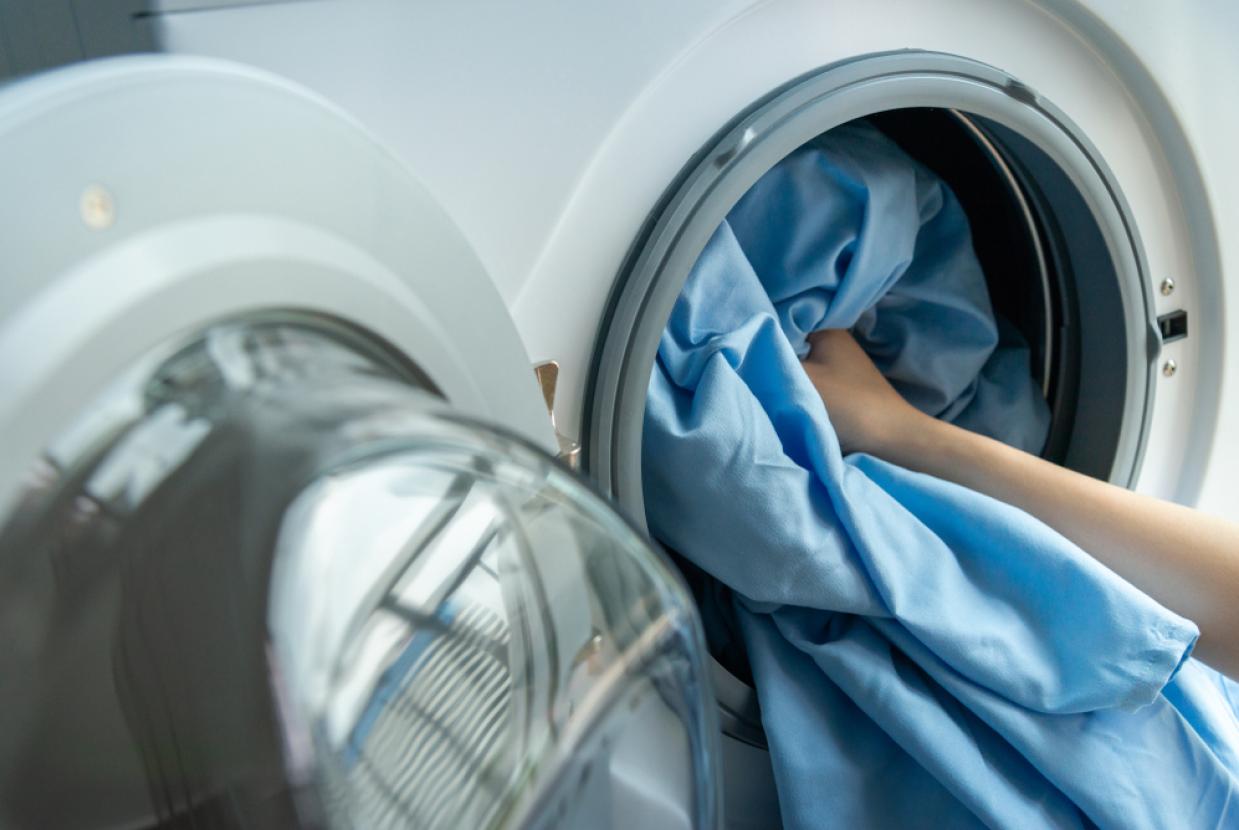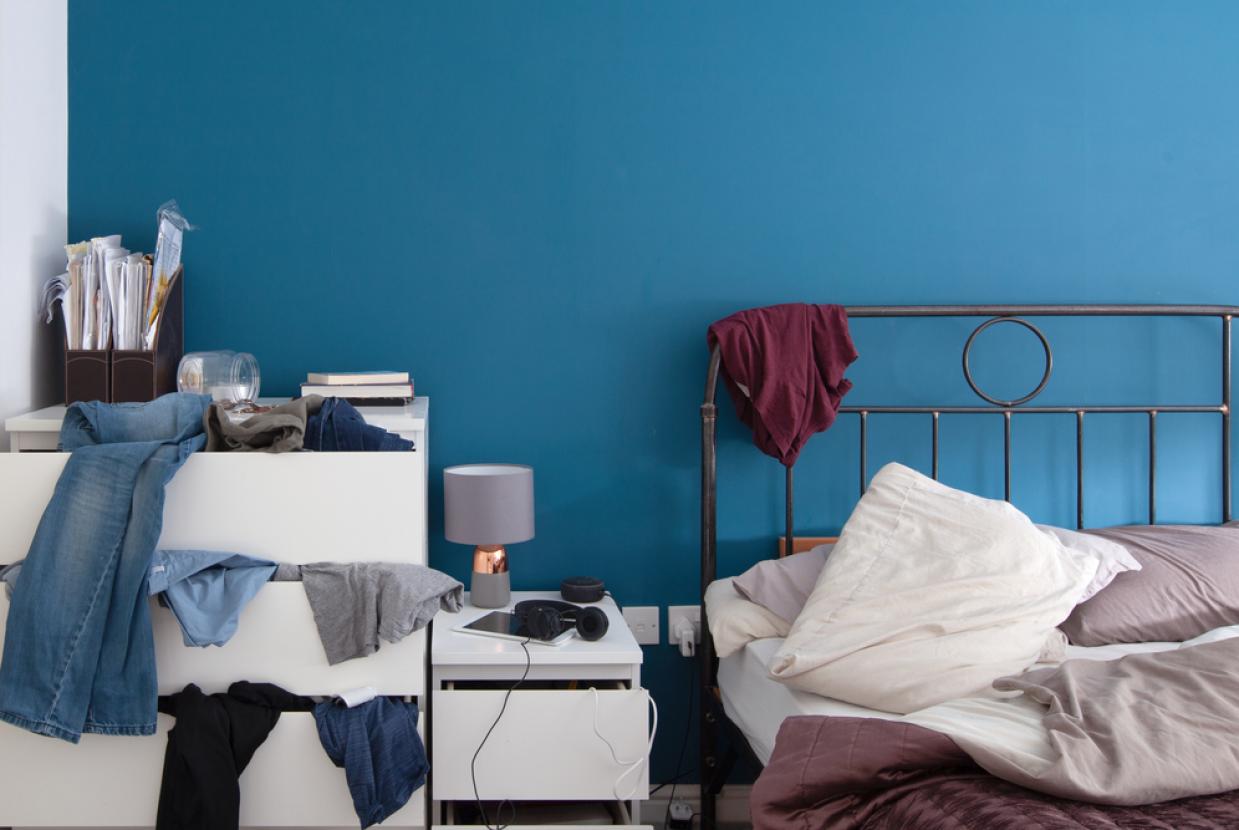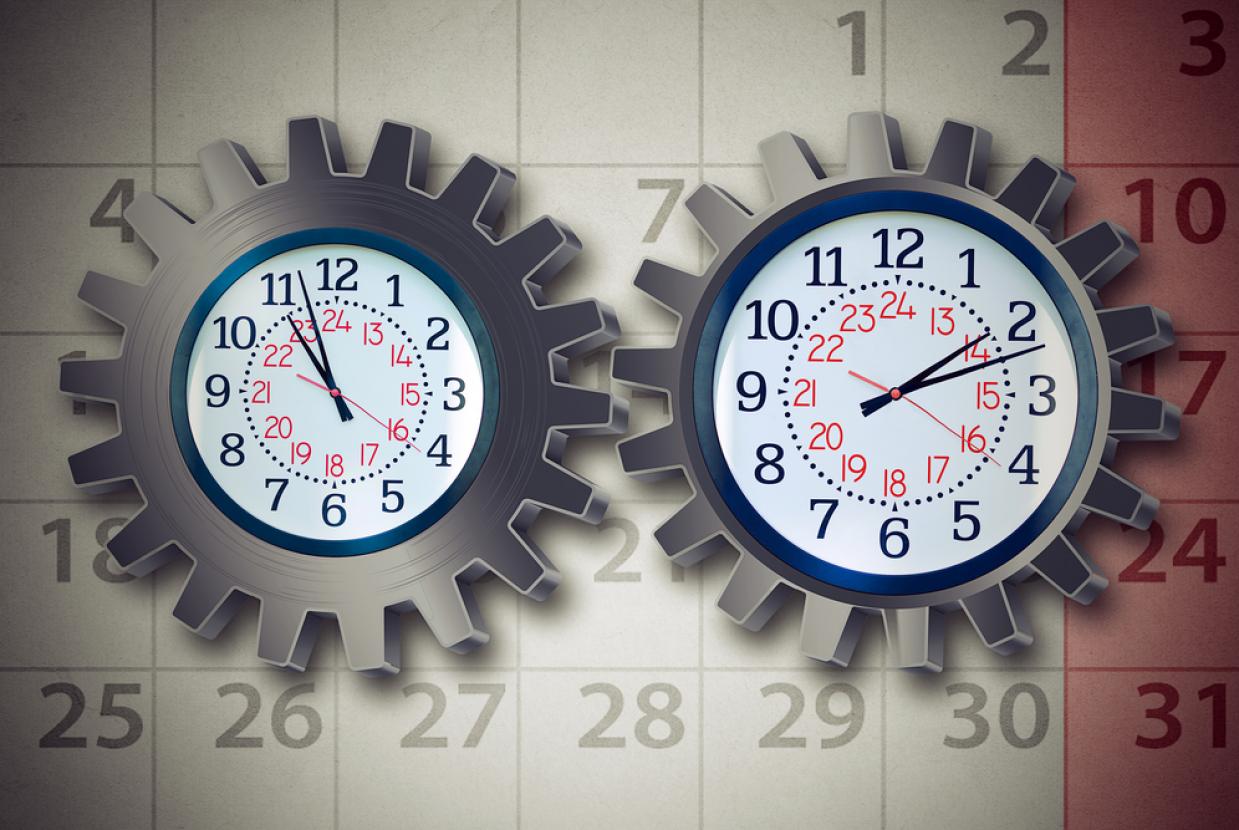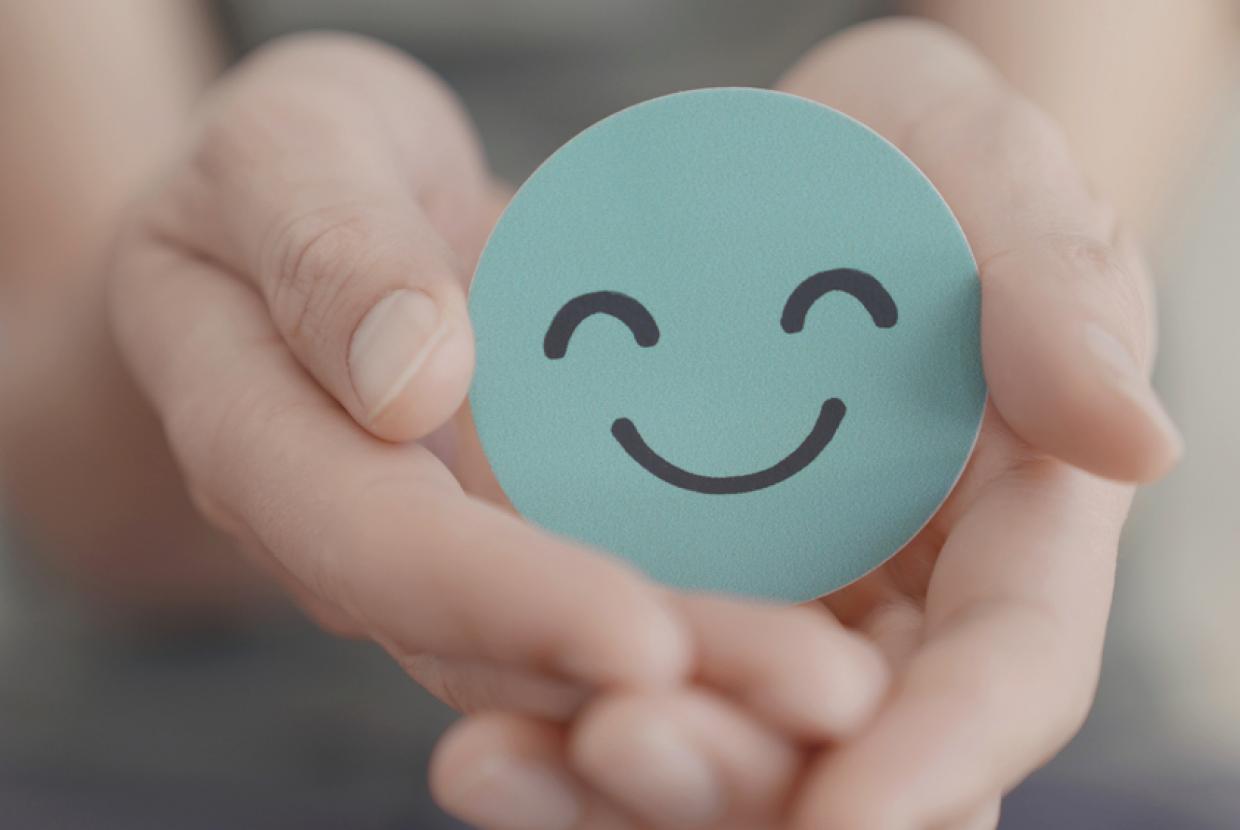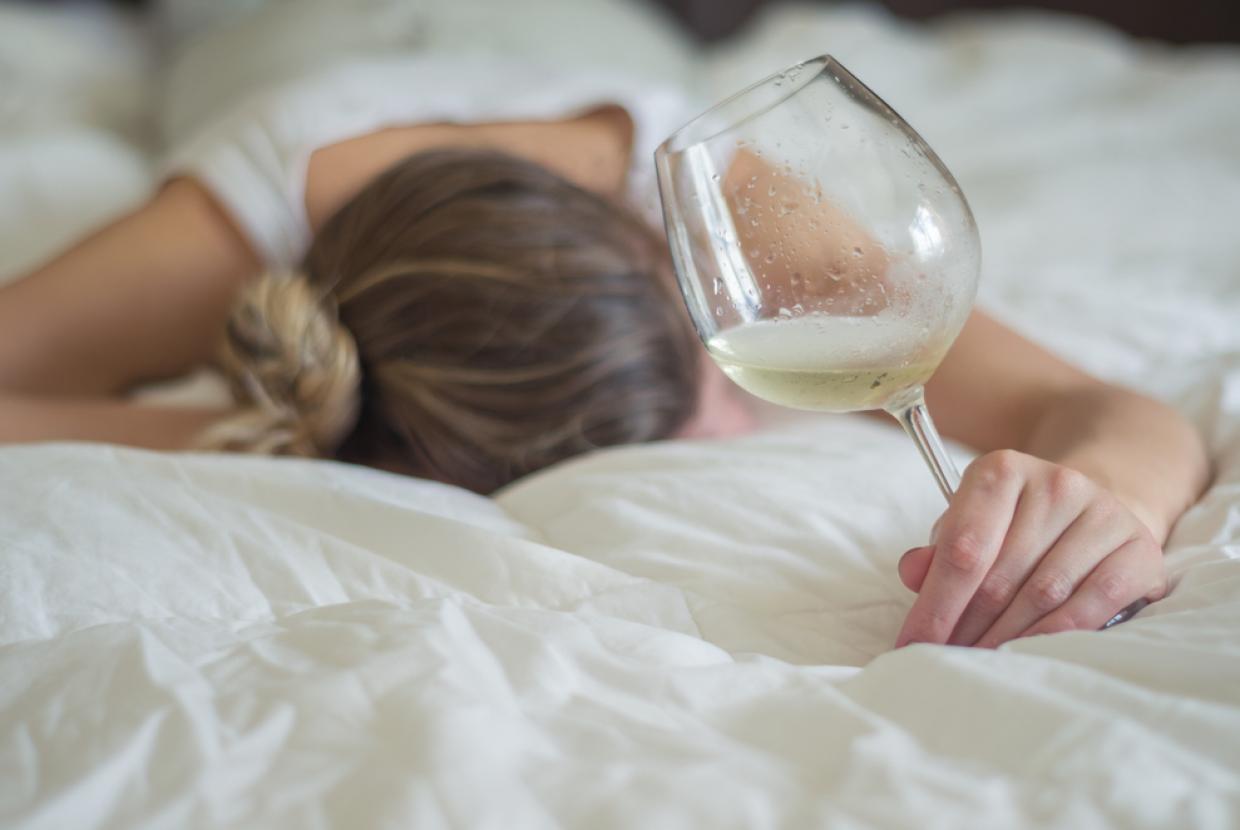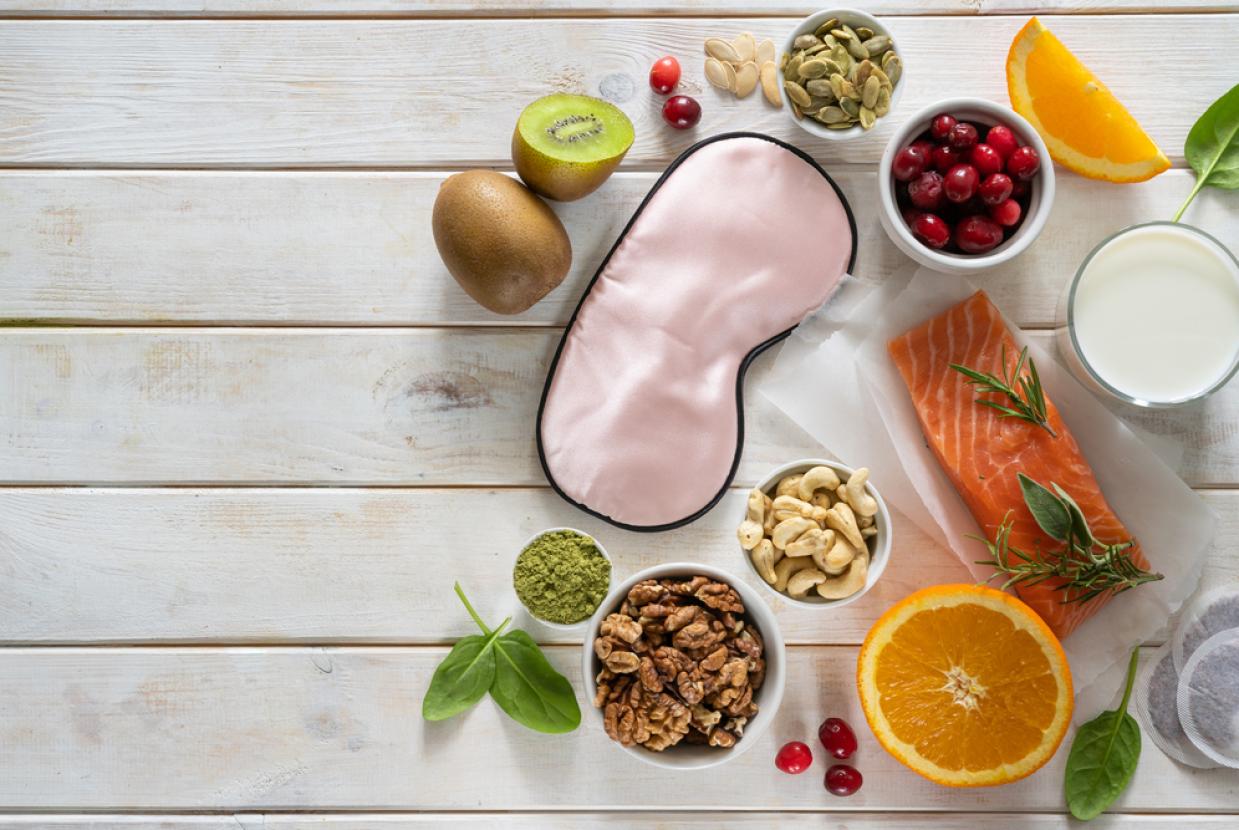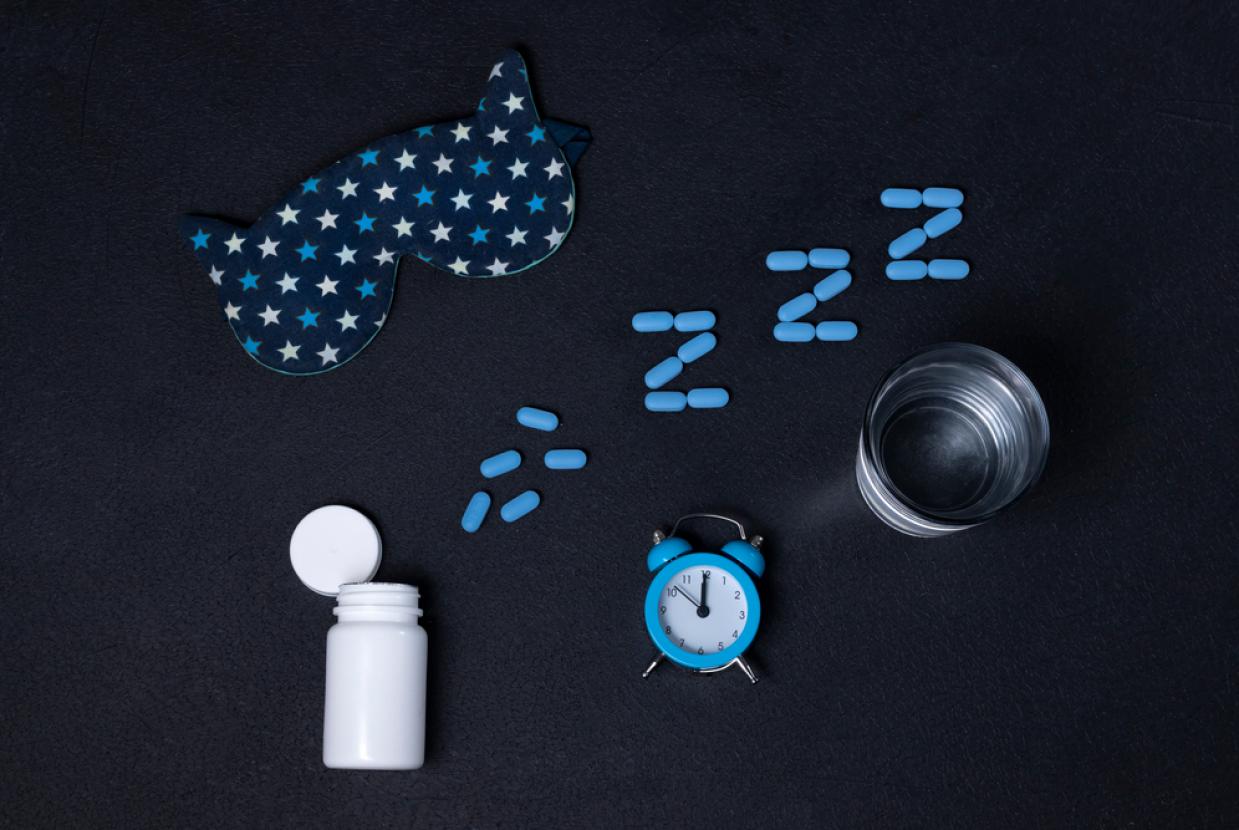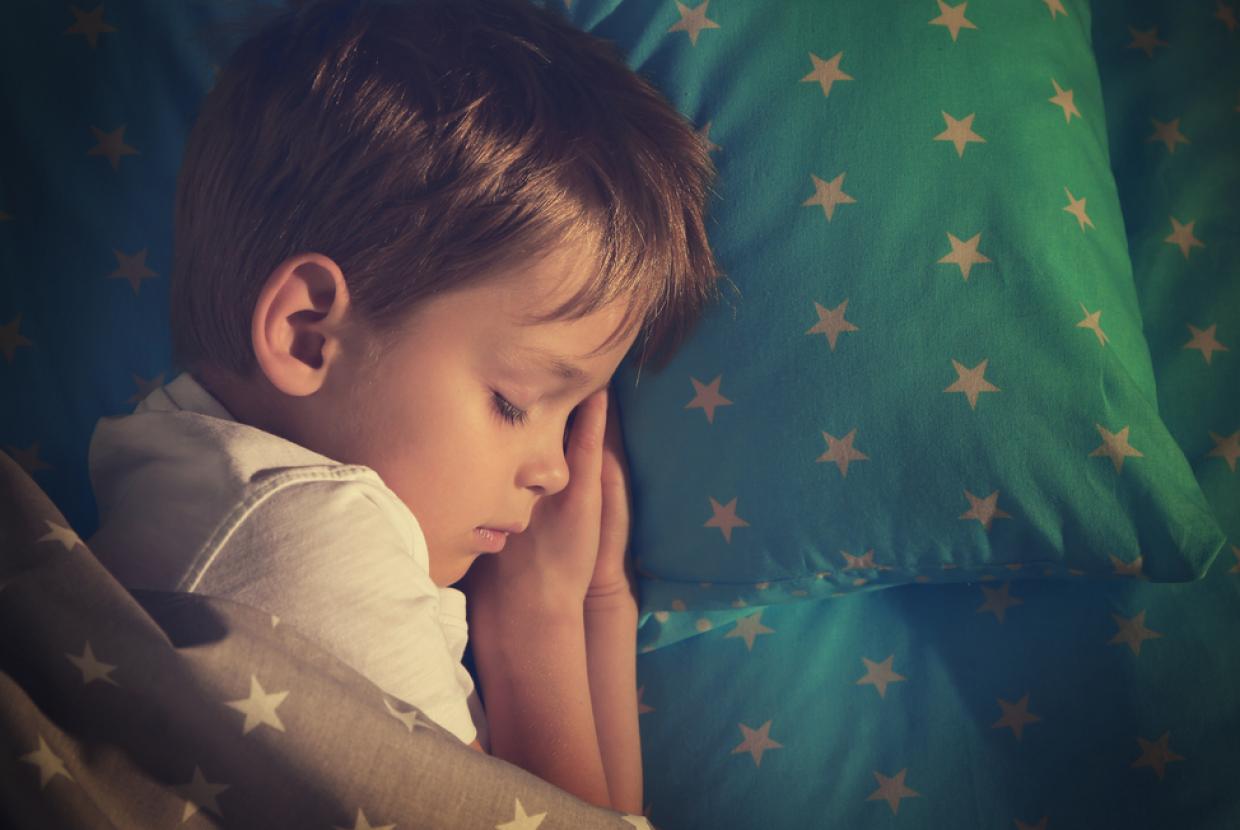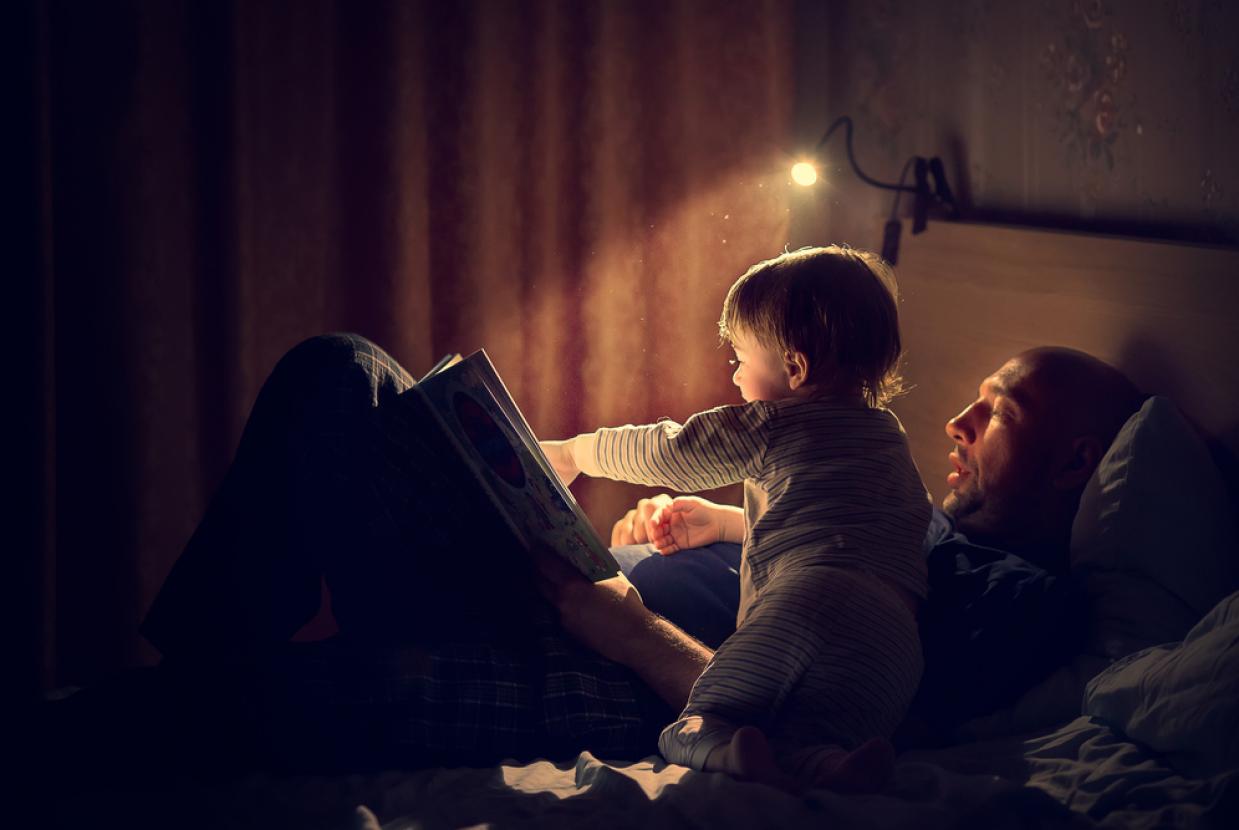Sleep Programme
Steve has different sleep routines, as he works three different shifts and then has days off. We are therefore concentrating on creating a calm, restful environment and a consistent routine. He should aim for seven hours sleep every day and avoid sleeping for longer on his days off. If he feels too tired, a nap for no more than 40 minutes will give him an energy boost.
Two hours before bed: Steve should not have a heavy meal after this time, and he should also avoid exercise. If he is driving home from work in daylight, but will be sleeping when he gets home, he can wear sunglasses; this will prevent the natural light from repressing his melatonin production.
One hour before bed – The Golden Hour: Steve should start his wind down routine, where he relaxes his body and gets ready for sleep. He should not do any work or spend time on the computer or blue screen devices. If he is hungry, he should have peanut butter on granary toast or oatcakes and cheese. Before going to bed, he could have a warm bath or a shower, which will advise his body to start producing melatonin. He can than practice the 4-7-8 breathing technique, as this will reduce his stress levels and help him to switch off.
Even if Steve feels tired enough to fall straight to sleep after work, he should always try and go through this process.
Bedtime: If Steve does not get to sleep within half an hour of going to bed, he should get up and start the process again. Tossing and turning will only lead to his stress levels rising.
Wake Up: Within half an hour to an hour of getting up, Steve should be having breakfast. He should wake using natural light, so a sunshine alarm clock would be a big help. If he feels sleepy during the day, he should use naps, but for no longer than 40 minutes. Caffeine should be avoided six hours before sleep time.


